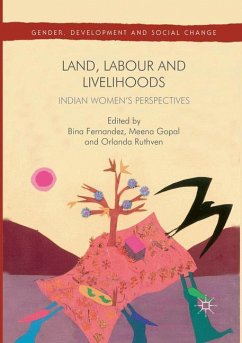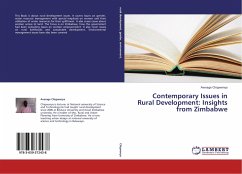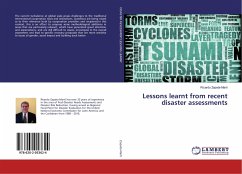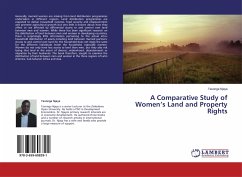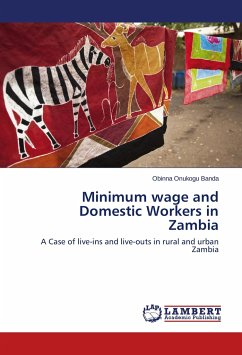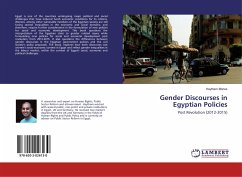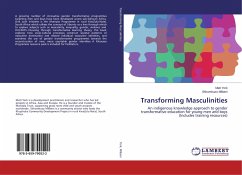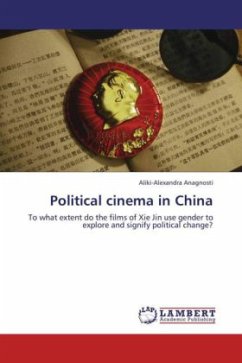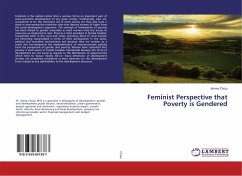
Feminist Perspective that Poverty is Gendered
Versandkostenfrei!
Versandfertig in 6-10 Tagen
36,99 €
inkl. MwSt.

PAYBACK Punkte
18 °P sammeln!
Feminism is the radical notion that a woman forms an important part of socio-economic development of any given society. Traditionally, men are considered to be the dominant sex in most society yet they also have a stake in overcoming the restrictive roles that deprive women of rights from the social development argument. The concept of feminization of poverty has been linked to gender inequality as most women have less access to resources as compared to men. Poverty is most prevalent in female headed-households both in the rural and urban economy. Most of rural women are becoming marginalized ...
Feminism is the radical notion that a woman forms an important part of socio-economic development of any given society. Traditionally, men are considered to be the dominant sex in most society yet they also have a stake in overcoming the restrictive roles that deprive women of rights from the social development argument. The concept of feminization of poverty has been linked to gender inequality as most women have less access to resources as compared to men. Poverty is most prevalent in female headed-households both in the rural and urban economy. Most of rural women are becoming marginalized in terms of their participation in the social, political and economic environment just because they are women as a result this has hampered the implementation of macroeconomic policies from the perspective of gender and poverty. Women have contested that poverty is most severe in female headed- households because the terms of development are not equal as regards to the distribution of opportunities which tend to favour mostly men.In many dimension of development women are sometimes considered as mere observers on the development front instead as key stakeholders to the development discourse.



